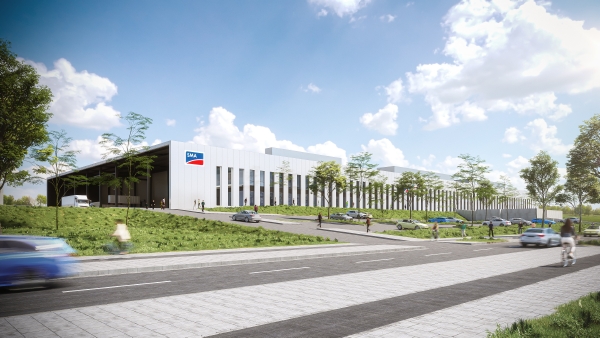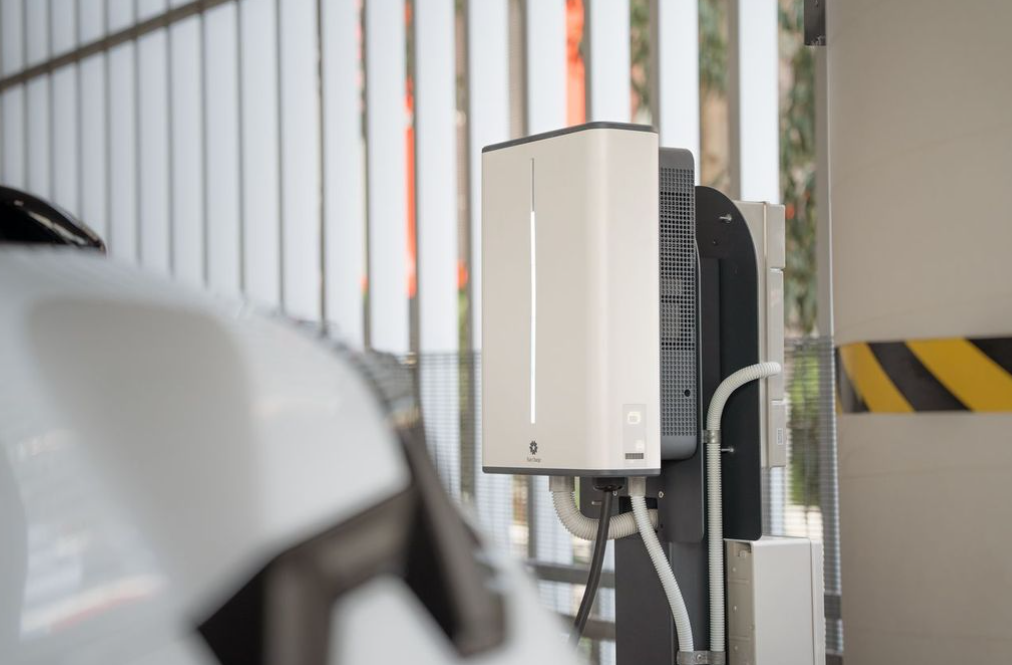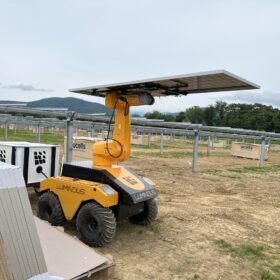Over the last few months, the federal and state governments have made several ambitious announcements and targets around renewable energy.
In June, Prime minister Anthony Albanese formally committed Australia to cut emissions by 43% by the end of the decade. Along with this comes the commitment to lift the share of low-cost renewables in the National Electricity Market to 82% by 2030. This commitment joins those of the state and territory governments.
The policy will include up to $3 billion to invest in renewable metals, renewable energy component manufacturing and renewable hydrogen electrolysers, and a commitment to 85 solar banks and 400 community batteries across Australia.
This is undeniably fantastic news. From a federal government policy perspective Australia has quickly gone from a climate outlier on the world stage to an active participant in our global race to save the planet.
However, it would be naive to ignore the fact that this rapid growth will present challenges for the industry, where demand may outstrip supply in many key areas of the renewable energy value chain.
The Covid pandemic and global demand changes driven by electric vehicle (EV) uptake, decarbonisation targets and the energy transition have resulted in a trifecta of challenges for the Australian renewable industry, supply chain issues, elevated prices and global chip shortages.
If we want to be in with a chance of meeting Australia’s ambitious federal, state and corporate energy targets, we, as an industry, must work together to tackle these challenges head on.
The recent Rystad Energy report outlines how high prices and long lead times are “threaten[ing] solar PV capacity build-out”, and that the forecasts of 225 GW (AC) of PV to start construction in 2023 could potentially be downgraded.
The report also highlights how lead times for new inverters are currently being quoted anywhere between six to 15 months, highlighting the severity of the current blockages in the supply chain.
A lot of engineering, procurement, and construction (EPCs) and developers in the Australian market have already been impacted by long equipment delays or even cancellations. The delays have a knock-on effect, where the delay in the completion of projects leads to a delay in signing new projects.
Security of supply and lead time certainty is paramount, especially given inverter selection is made at such an early stage in Australia. The risk of a delay to commercial operation due to supplier delays is massive.
Alongside supply chain delays, the global chip shortage is also causing suppliers to face critical shortages of electronic components. Beginning in 2020, the global chip shortage began with supply reducing thanks to Covid-19 lockdowns, plummeting vehicle sales, and severe weather events.
When demand began to bounce back faster than expected, supply simply couldn’t cope. As noted in Rystad’s report, working from home increased demand for consumer electronics, which is ~50% of global chip production, while car sales rebounded faster than expected from pandemic lows, equating to ~15% of global chip demand.
Such challenges are one of the key reasons SMA announced plans to double its production capacity at its German headquarters. With a current capacity of 21 GW, the German manufacturer expects to take that capacity to 40 GW by 2024. The expansion is to start construction later this year and will primarily be dedicated to the manufacture of inverters for the large-scale PV industry.
The year ahead looks to be an unparalleled year of growth for renewable energy in Australia. In order for solar and storage projects to achieve their targeted start dates and meet our more ambitious targets, strong and reliable partners are critical for success.
–
Author: Joshua Birmingham, VP, Large Scale and Project Solutions, SMA Australia
The views and opinions expressed in this article are the author’s own, and do not necessarily reflect those held by pv magazine.
This content is protected by copyright and may not be reused. If you want to cooperate with us and would like to reuse some of our content, please contact: editors@pv-magazine.com.








1 comment
By submitting this form you agree to pv magazine using your data for the purposes of publishing your comment.
Your personal data will only be disclosed or otherwise transmitted to third parties for the purposes of spam filtering or if this is necessary for technical maintenance of the website. Any other transfer to third parties will not take place unless this is justified on the basis of applicable data protection regulations or if pv magazine is legally obliged to do so.
You may revoke this consent at any time with effect for the future, in which case your personal data will be deleted immediately. Otherwise, your data will be deleted if pv magazine has processed your request or the purpose of data storage is fulfilled.
Further information on data privacy can be found in our Data Protection Policy.